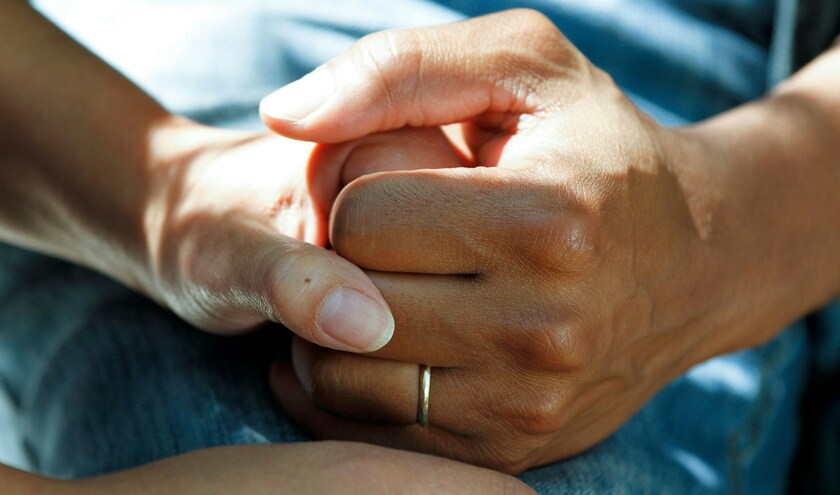The research by the Nuffield Trust and the Health Economics Unit, commissioned by Marie Cure, says £22bn is spent on healthcare, social care and social security in the last year of people's lives.
Nuffield Trust deputy director of research and report co-author Sarah Scobie said: ‘The UK Government has pledged to move more care out of hospitals as part of its 10-Year Health Plan for the NHS in England. But with £4 in every £5 of health care spend for those in their last year of life going on hospital care, our findings show the Government has a serious challenge ahead to make this a reality for those in need at the end of life.'
The report says over half (53%) of public spending in the final year of life is spent on healthcare (£11.7bn) – or £18,020 per person who died.
Hospital care represents the largest share of healthcare spending, accounting for 81% of total healthcare spend (£9.6bn). More than half of this healthcare spend (56%) goes on emergency hospital care (£6.6bn).
In contrast, public spending on primary and community healthcare makes up only 11% (£1.3bn) of health expenditure for people in the last year of life, with less than 4% (£414m) spent on hospice care.
The figures reveal the UK public purse spends five times the amount supporting people in the final year of life as hospital inpatients than it does supporting them with primary, community health and hospice care.
Marie Curie says there is a significant lack of access to end-of-life care in communities, leaving people dying alone, without the care they want at home and too often forced towards emergency services, such as ambulances and A&E, and admitted to hospital for their final moments.
The charity is calling for a ‘transformation fund' to invest in innovative community-driven ways of caring for those at the end of their lives to help reduce hospital expenditure in line with targets and ultimately improve access to care and support for dying people.



